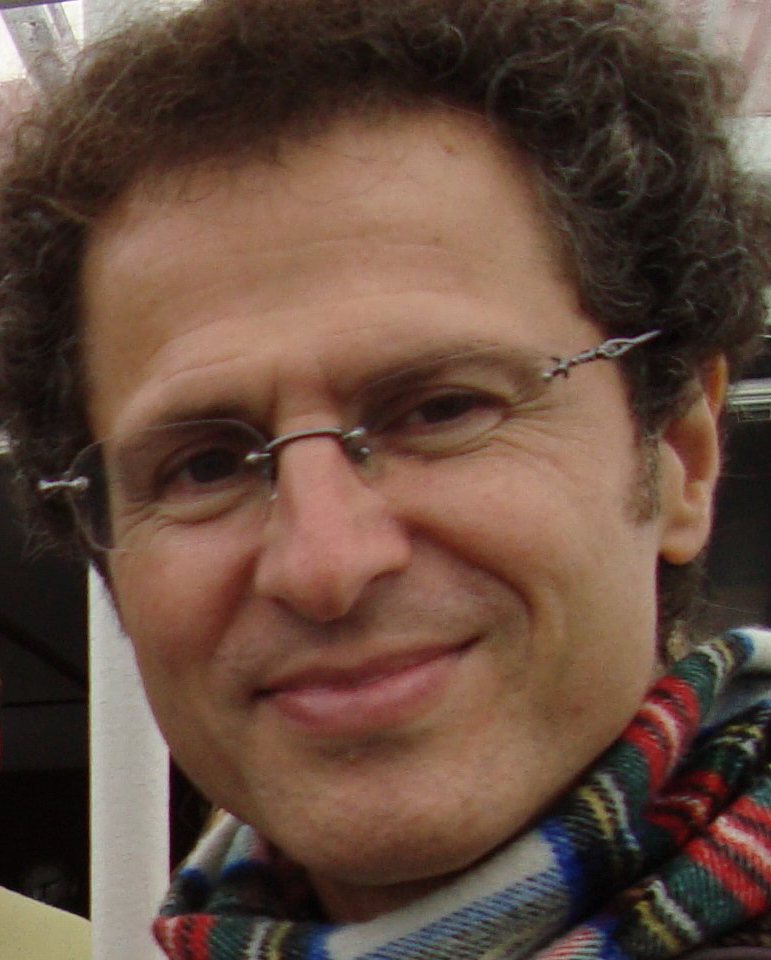Speakers
Keynote Speakers:
 Therese Vachon Head of Text Mining Services, Novartis Institutes for Biomedical Research, NITAS |
Text mining, data integration and semantic technologies supporting and accelerating drug discoveryThe Text Mining Services group at Novartis Institutes and Biomedical Research (NIBR) develops and implements information integration platforms, enterprise search solutions and a set of tools in various areas e.g. information retrieval, information extraction, development of terminologies, text mining, data integration, contextual navigation and semantic enrichment. Our group develops formal models for describing the data independently from their physical representation with the aim to allow interoperability of data and systems. We are using the technologies that we implement to partner with business organizations and support their efforts in the areas of target identification, target validation and confirmation of research strategies.The presentation will outline some of the technologies and systems developed and their applications in the biomedical and biochemical fields. Therese Vachon graduated in Computer Science from the Institut National des Sciences Appliquees in Lyon (France). She held positions with the Paris Stock Exchange, the University of Compiegne and an IT consulting company before joining Novartis. She developed end-user search tools in the biomedical and chemistry field. Since 1998, she has been very active in the field of information retrieval, information extraction, text mining, development of terminologies and integration of Life Sciences data using semantic capabilities. She is currently Head of Text Mining Services in NITAS (IT in Research). |
 Pierre Zweigenbaum LIMSI-CNRS |
Multilingualism for Medical Information ProcessingWhereas most of the international biomedical literature is written in English, a number of medically relevant texts are written in other languages. This includes clinical texts in hospitals, recommendations, patient-oriented documents, scientific articles, and a variety of Web documents. Medical language processing, e.g., controlled indexing, information extraction, question-answering, and more generally text mining, is therefore needed in languages for which resources are less developed than those for English.Building such resources is a task researchers and developers have to address for each target language (e.g., French, German, Dutch, Swedish, Korean, Chinese, Japanese, etc.). It can nevertheless leverage existing resources in English or in the target language. On the one hand, transfer methods help convert existing English resources, e.g., terminologies or language processors, to other languages. On the other hand, automatic mono- or multilingual acquisition techniques can help to bootstrap language resources more quickly. This talk will present methods and experiments to build language resources for processing medical texts in non-English languages, taking advantage where possible of existing English resources. Pierre Zweigenbaum graduated from École Polytechnique, Paris, France, and received a PhD in Computer science from the École Nationale Supérieure des Télécommunications (ENST). He has been a researcher at Assistance Publique - Hôpitaux de Paris, the largest hospital group in Europe. He is currently Senior Researcher at LIMSI (Computer Sciences Laboratory for Mechanics and Engineering Sciences), a unit of CNRS, the French National Center for Scientific Research, and is Associate Professor at the National Institute of Oriental Languages and Civilizations, where he teaches Natural Language Engineering. His research interests lie in Natural Language Processing, from morphology to question answering, with a focus on specific domains (medicine and medical terminology) and multilingual issues (alignment in parallel and comparable corpora). |